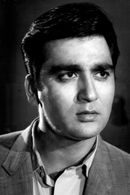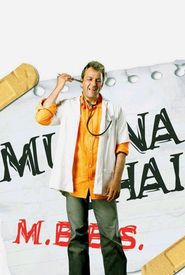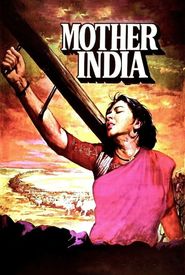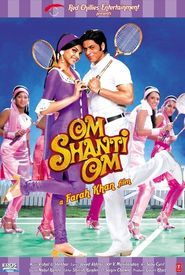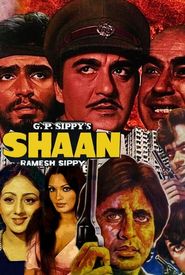Sunil Dutt: A Multifaceted Personality
Born on June 6, 1926, as Balraj Dutt, Sunil Dutt was a method actor, social activist, and politician who wore many hats and excelled in a plethora of roles, both on and off screen.
Growing up in a family that had survived the Partition of India, Dutt began his career as a radio show host and celebrity interviewer, which led to his first encounter with the glamour world. He met his future wife, Nargis, during his work, and soon got a chance to enter the film world with director Ramesh Saigal's "Railway Platform" (1955).
Dutt's breakthrough came with Mehboob Khan's magnum opus "Mother India" (1957),where he played the role of Birju, Nargis's rebellious younger son. This portrayal marked the start of a seven-film long association with B R Chopra and resulted in his marriage to Nargis after the release of the film.
Dutt's versatility as an actor was evident in his portrayal of sensitive lovers in women-oriented films like "Sadhna" (1958),"Sujata" (1959),"Main Chup Rahungi" (1962),and "Darpan" (1970). He also worked with noted filmmakers like Bimal Roy, Hrishikesh Mukherji, and B R Chopra, who dared to defy his established rebellious Birju image.
In the 1960s, Dutt became one of the established actors, known for taking on different roles and believing that an actor should play a variety of roles instead of sticking to a particular genre. He turned producer in the early sixties with offbeat movies like "Yeh Raaste Hain Pyar Ke" (1963) and "Mujhe Jeene Do" (1963).
Dutt also turned director in the mid-1960s with experimental solo actor movies like "Yaadein" (1964),which was selected in the Guinness Book of World Records, and "Reshma Aur Shera" (1971),which was nominated in the Berlin International Film Festival.
In his cinematic association with B R Chopra, Dutt gave several big hits in the 1950s and 1960s, including "Ek Hi Raasta" (1956),"Sadhna" (1958),"Gumraah" (1963),"Waqt" (1965),and "Humraaz" (1967). He also worked with South Indian filmmakers, resulting in emotion-heavy, rural-based hits with Nutan like "Khandaan" and "Milan".
In the 1970s, Dutt gave several big hits like "Heera" (1973),"Pran Jaye Par Vachan Na Jaye" (1974),"Zakhmee" (1975),"Nagin" (1976),"Daku Aur Jawan" (1978),and "Jaani Dushman" (1979).
After Nargis's death in 1981, Dutt joined politics and worked tirelessly for the nation without any personal motive. He was honored with the Lifetime Achievement award for his contribution to Indian Cinema in 1995 and the Zee Cine award in 2001.
In his later years, Dutt continued to work in films, including "Kshatriya" (1990) and "Parampara" (1993),and made his last screen appearance in Rajkumar Hirani's "Munnabhai MBBS" (2003).
Dutt's legacy extends beyond his film career, as he worked for refugees, slum dwellers, and displaced people, earning him the nickname "Bigger Hero in Real Life than Reel Life". He was honored with several awards, including two Filmfare awards, one BFJA award, and a National Film award.
Dutt passed away in 2005, but his impact on Indian cinema and society continues to be felt. His children have given tribute to him on special occasions on their social media, and his legacy serves as an inspiration to many.
